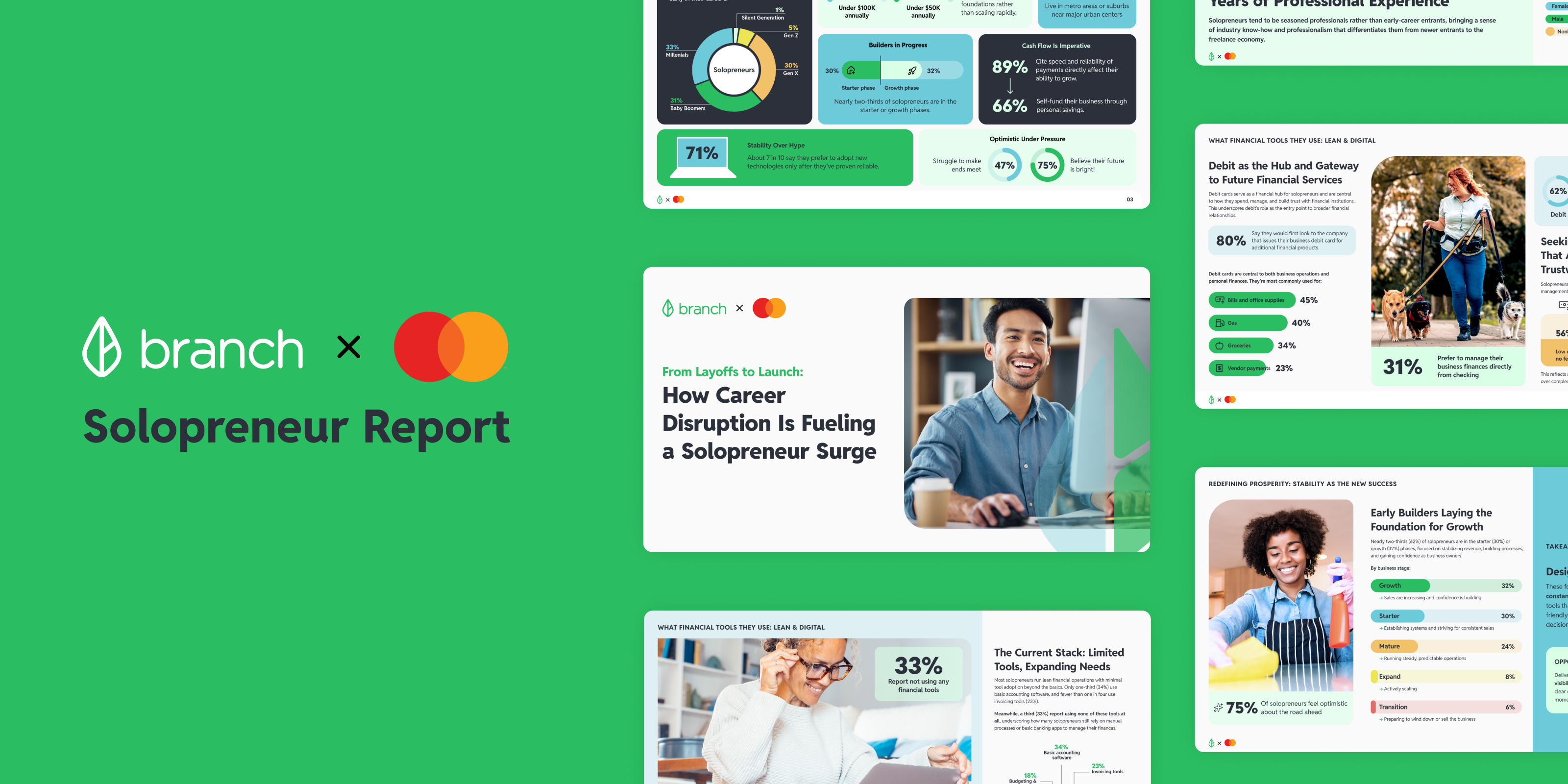
How Financial Stress is Impacting the Mental Health of Your Workforce
While self-care has become a marketable catchphrase and the wellness industry continues to grow (its estimated value in 2021 reached $1.5 trillion), one area of wellbeing is often left out of the conversation: financial health. Poor financial health is often considered “taboo” to talk about, but more and more studies show it has a strong impact on mental health. If we don’t start understanding the depth of that impact—and focusing on solutions to help—our collective mental health will suffer in addition to our budgets.
Let’s examine just how strong the connection between financial health and mental health is and how companies can help.
The far-reaching impact of financial stress
First, it’s important to understand just how widespread financial stress is. It’s not something that only people living in a certain income bracket experience. 64% of Americans currently live paycheck to paycheck—and 48% of people who earn six figures live that way, too.
And according to PwC’s 2022 Health and Wellbeing Survey, among financially-stressed employees, 49 percent said money stress had a severe or major impact on their mental health in the past year. When you think of something having a severe or major impact on your mental health, you think of things that are debilitating—and financial anxiety can truly be debilitating, infiltrating every aspect of a person’s life, from their relationships to their job performance.
A continuous cycle of strain
Constant financial anxiety and fear wears on a person and can create a vicious cycle. Ongoing, long-term financial stress can contribute to other health issues like insomnia and depression. Once a person is dealing with these issues, it becomes harder and harder to create a path forward to financial wellness. This diagram from the Money and Mental Health Policy Institute outlines this type of cycle nicely.

This cycle can also force people to pursue payday loans or other risky options for attempting to correct their financial situation, especially when it comes to debt. Unfortunately, personal loans like this often saddle someone with high-interest payments for many years, making it even harder to regain steady financial footing.
Companies answering the call
Workers don’t leave their financial hardship at the door when they clock in for the day. They bring their stress over a missed bill, an unexpected expense, rising childcare costs, and more into the workplace—and now more than ever, they're expecting you to do something about it.
If ever there was a time to focus on collective solutions to address the financial wellness of your workforce, it’s now. People are still reeling from the economic impacts of a global pandemic paired with rising inflation. And amid the ongoing labor shortage, people want more from the companies they work for in terms of benefits and support.
More workplaces than ever are realizing they have to extend some sort of financial wellness benefit to their workers if they want to keep them loyal. After all, financially-stressed workers are twice as likely to look for a new job. And financially stressed workers miss more days of work than those who feel confident about their finances.
How fast, flexible payments can help
There are plenty of financial wellness benefits to choose from, but it’s crucial to choose ones that actually impact your workers’ day to day lives. Faster payments to both W-2 and 1099 workers can help improve cash flow and make a meaningful difference in their financial wellness. Whether you're offering same-day payouts, instant digital tip payouts, or earned wage access, faster payments can help people bettter handle unexpected expenses, prevent overdraft fees, and provide more short-term financial stability—which is a necessary first step to long-term financial health.
The problems of financial insecurity and mental health issues are complex and far-reaching. But finding tangible solutions that can help your employees is the first step to improving their wellbeing and the success of your company as a whole. Taking small actions today can have a domino effect on those around you. Are you ready to be the catalyst for positive change?
Read next: 4 Emerging Financial Health Trends in the Workplace
Continue reading
Unlock a Happier, More Productive Workforce







